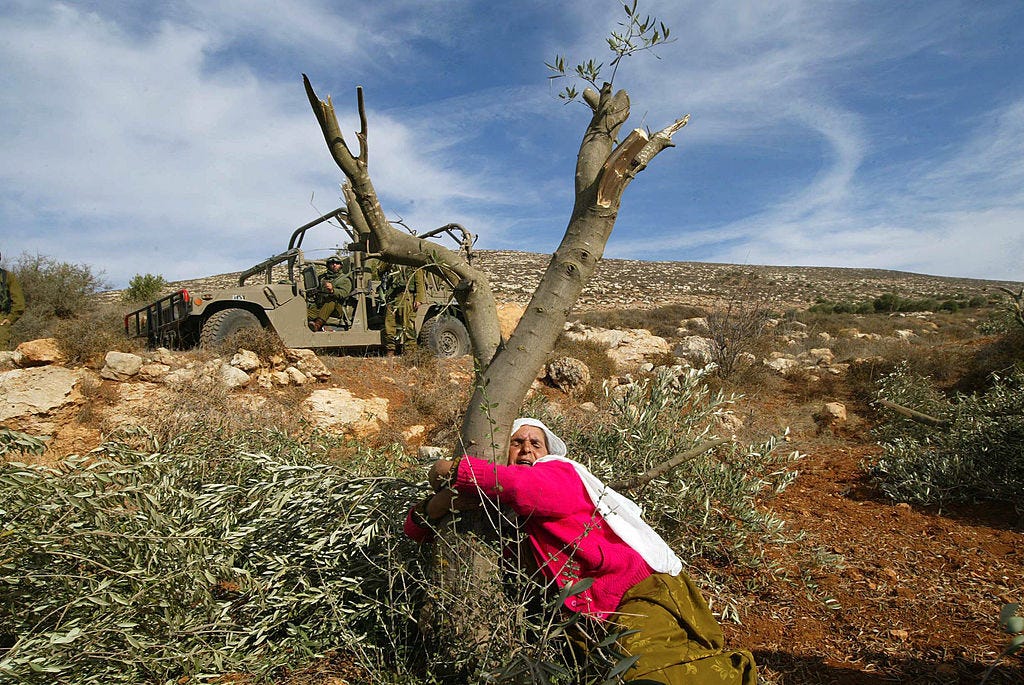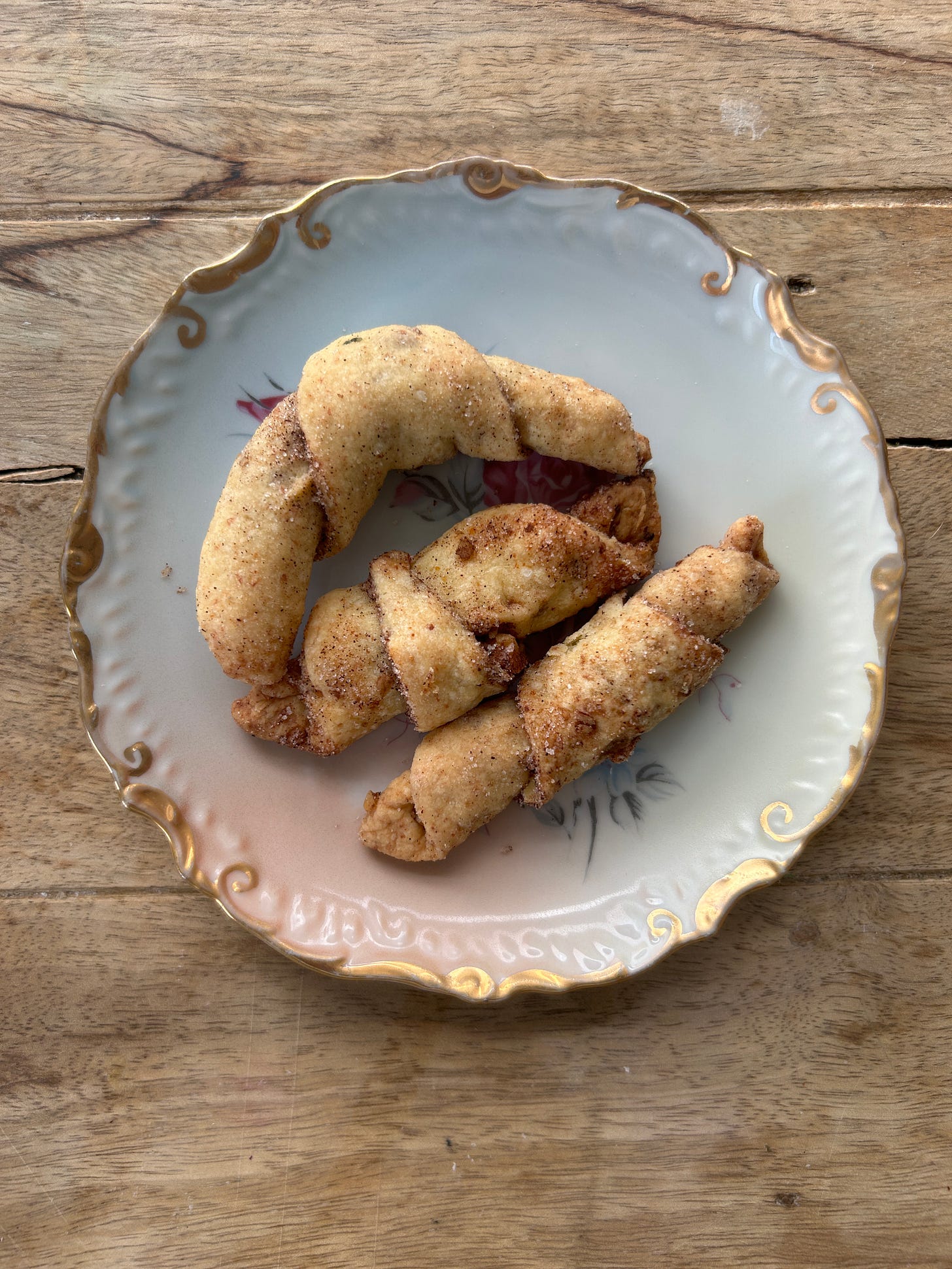Within the world of food, there is only one thing that happened this past week that felt appropriate to discuss.
The organization started by Chef José Andres, World Central Kitchen (WCK), lost 7 of their workers this week from an airstrike by the Israeli forces.
While the case is being investigated, we know from the WCK team that Israel was aware of the whereabouts of this truck and had authorized its travel route.
As we all know, the situation in Gaza is beyond dire. The roads for food aid delivery have been blocked and WCK has been attempting to send food by sea from Cyprus despite the logistical challenges. In early March WCK had served more than 32 million meals, “but that’s only a drop of water in the ocean,” said José. “Especially in the north of Gaza.”
Among the horrific acts that are happening in Gaza, a slow starvation can be subtle, but ultimately more powerful than weapons. Projections indicate that by July, half of its population will face an entirely avoidable famine — one that has no natural causes and that has accelerated faster than anything else seen this century
I briefly touched on food as a lens to explore the erasure of Palestinian culture in a previous essay, but the events of this past week are a reminder that food is a human right and Israel preventing access might be the worst act of all.
Beyond the outright blockage of aid from entering Gaza, and destroying infrastructure, such as bakeries and flour mills, there is a long history of denying Palestinians the right to food sovereignty - which includes the right of farmers to produce food.
In my research, I have read a bit about banning the foraging of Za’atar in 1977, preventing access to water, restricting permits to access farmland, burning olive oil trees and spraying pesticides. For an in-depth discussion on how Israel has prevented Palestinians from growing their own food, check out this episode of Palestine In-Between by Cher Asad.

When you control the food supply you control the people. As the US has done in many countries with our food aid programs, dumping American-grown crops can often be seen as heroic and “feeding the world" but it’s also preventing local agriculture from flourishing until a population is dependent on food aid.
Seeing glimpses of the starvation in Gaza is hard to witness. Many have cited that people have turned to animal feed to survive. WCK’s mission is to ensure everyone has access to nourishing meals and was there to feed a warm, culturally relevant meal to people who already had nothing.
To have this event happen where they now have to pull out of Gaza is monumental. Without food we all cease to exist.
Although there are many other things I could share about this week, I put together some of the resources I referenced researching today’s piece and learning about the history of food and farming in Palestine.
Food Insecurity in Palestine: A Future for Farmers from the Wilson Center
The work of Jumana Manna and the piece Foragers: Foragers depicts the dramas around the practice of foraging for wild edible plants in Palestine/Israel with wry humor and a meditative pace. Shot in the Golan Heights, the Galilee and Jerusalem, it employs fiction, documentary and archival footage to portray the impact of Israeli nature protection laws on these customs.
If you are interested in learning more about Food Sovereignty movements, check out La Via Campesina
They Ate at My Table, Then Ignored My People by Reem Kassis, a Palestinian writer based in Pennsylvania and the author of The Palestinian Table and The Arabesque Table.
If hosting and sharing my culture with others through writing, cooking classes, interviews, and lectures was my bid to humanize Palestinians, the aftermath of October 7 clarified its limits. It became painfully clear that the so-called food diplomacy I had been cultivating for years had not worked. The enthusiasm expressed for Palestinian cuisine did not always extend to empathy for the people, or the struggle, behind it. Instead, I realized that many people saw me as an exception to other Palestinians rather than one of them.
Visualizing Palestine (graphic below)
Food this Week ✨
I did have a great week in the kitchen and made an experimental enchilada dish that ended up being a crowd-pleaser. I will share the recipe next week.
I purchased Sohla El-Waylly's book, Start Here: Instructions for Becoming a Better Cook, which she describes as a crash course to culinary school. Already her kitchen equipment recs have been super helpful.
I made my own Rugelach based on a recipe from the Enchanted Broccoli Forest.
I am starting to perfect my signature dish of a pot of good-quality beans then roasted tomatoes in the oven until they burst, adding beans maybe spinach and topping with feta or goat cheese.
For a quick meal I tried these Moroccan Lentils from Mina and they were excellent






